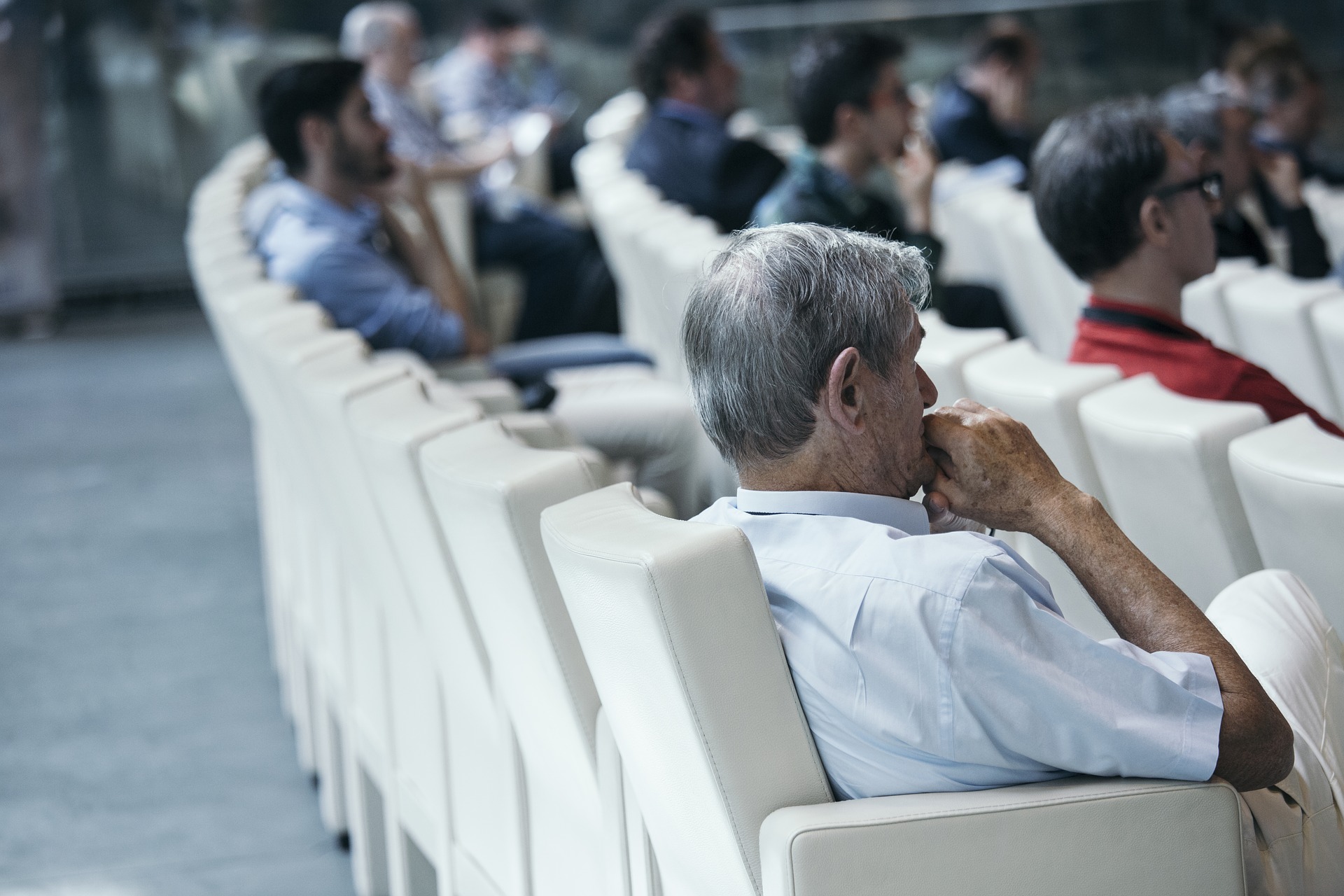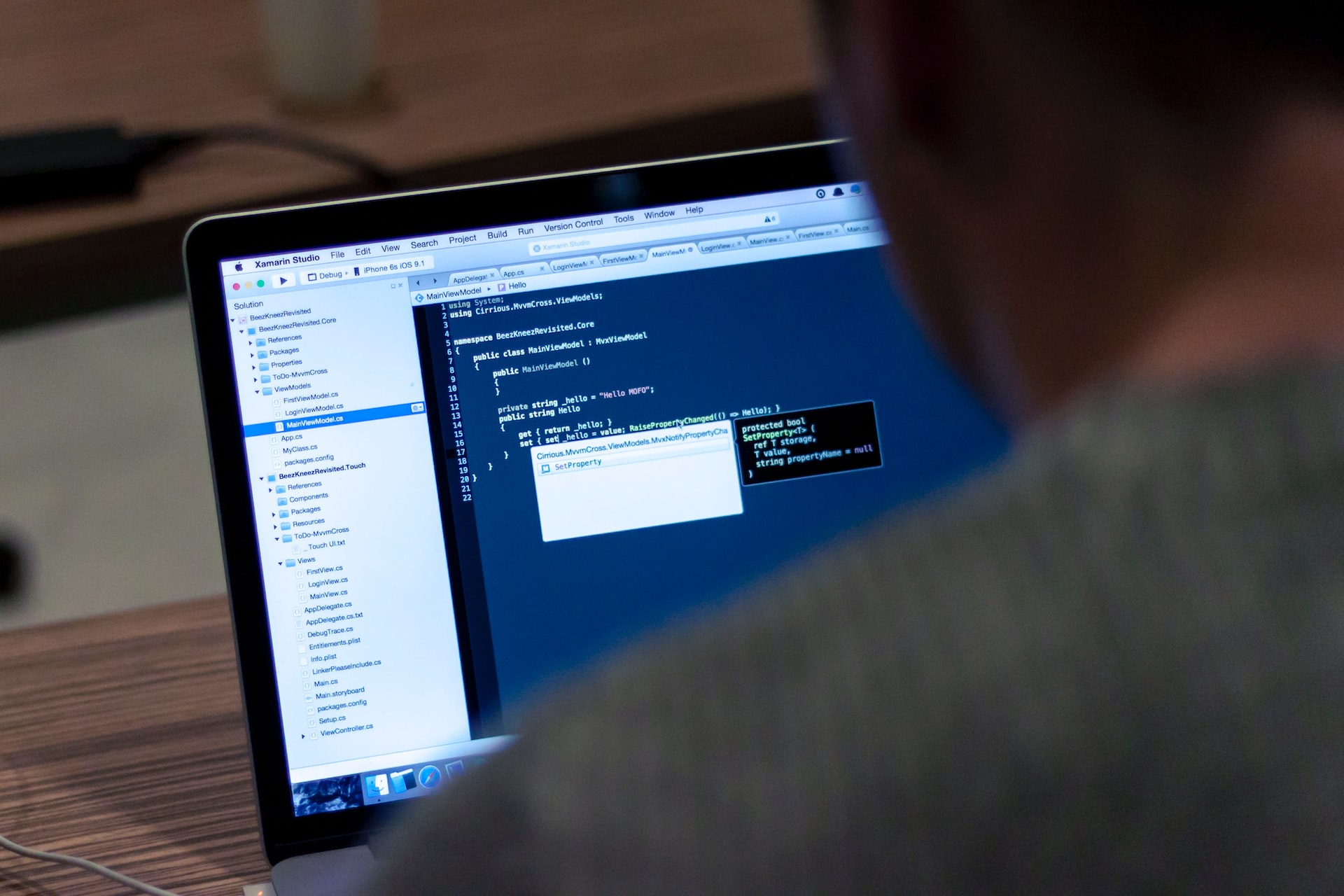Rusnano supports Russia’s nanomaterials industry by making direct investments and through nanotechnology investment funds, which provide funding to new high-tech projects. This ensures the development of a new industry. New investment areas include: nuclear medicine and medical instrumentation, innovative nanobiopharmaceutics, nanoelectronics and photonics, nanocoatings and surface modification, new materials for renewable energy production
All of the shares in “Rosnano” are owned by the state. Rusnano’s investments have led to 97 factories and R&D centres opening up in 37 different regions of Russia.
Rosnano is implementing the state policy for the development of the nanoindustry by acting as a co-investor in nanotechnology projects.
There are a number of Rusnano projects
1. RUSNANOPRIZE award.
Among the members of the jury for this year’s prize are several eminent foreign colleagues from Russia, the USA, Great Britain, Germany and Singapore, which will be awarded this year for the best innovations in the field of pharmacology, medicine, biotechnology and success in commercializing them.
The awards will go to businesses and scientists who have done outstanding work in the field of post-genomic technologies, proteomics, microbiology, or virology.
The prize is awarded for ground-breaking work in the fields of medicine, pharmacology and biotechnology. These fields combine a high degree of scientific intensity with widespread usage of nanotechnology and are important for society and industry at large.
2. Your invitation to study cancer doctors
The Foundation has collaborated with the FSCC DGOI for the first time in Russia to launch an educational course at this seminar we will provide you with insights into OMIX technologies in clinical oncology
OMICS technologies make it possible to study the totality of data at all levels of cell and organism functioning, including the study of genetic information (genomics), gene activity intensity (transcriptomics), The “Omics Revolution” is the convergence of many different types of data including DNA sequencing, transcriptomics, proteomics and metabolomics.
“We have invited a Russian oncologist to speak with the Medicinja team about the best developments in cancer and the progress of cooperation in Poland. The speaker will also speak to us about current trends and future possibilities for cooperation between specialists,” said Tatyana Nikolenko, Head of the Course Developed by Order of the FIOP
The speakers for the day will be from major Russian and international cancer centres, you’ll be able to hear about their work and career paths. People working here in Russia who have worked in the oncology field can also become students of the course.
3. We have reviewed a number of Israeli and Russian startups.
To take part in the selection, you need to meet a number of requirements – your project must be related to the field of nanotechnology (and / or biotechnology), it should be an industrial project, and it has to have confirmed demand, including in the global market. We estimate the commercializing of our product will be done in no more than five years and project financing should last no more than three years maximum. To apply to join the scheme, joint applications from our partnering Russian & Israeli companies need to be submitted.
The Fund for Infrastructure and Educational Programs provides funding as a grant in the amount of not more than 50% of the budget of the Russian part of the project. The remaining part of the funds has to be donated by a co-investor (or several co-investors) which is also required for participation in the selection.
The Office of the Chief Scientist of the Ministry of Economy provides funding for the Israeli project, implemented by an Israeli partner company. You can follow their established procedure and rules.
4. RUSNANO Group has played an active role in the Beacon project, which uses precision sensors and light signals for personal medical assistants.
It is planned, that in certain regions of the country, personal medical assistant services will cover at least 10% of patients who are at risk for major diseases. These include arterial hypertension, diabetes mellitus, and chronic heart failure
If you’re unfamiliar with what a Personal Assistant is, it consists of an individual wearable device that can collect data on the patient’s condition, a decision support system for data processing, remote monitoring & services and an integrated platform with the Uniform State Health, with a single portal for all your public services and a “My Health” service.
Medical assistants make it much easier to provide medical care and assistance. They will help make sure that care is available for patients when they really need it, enabling you to increase the quality of service for them. Furthermore, it helps maintain a level of satisfaction with the service.
5. 478 MW of the Wind Energy Development Fund’s new capacity was commissioned this year.
RUSNANO and Fortum invested in the Wind Energy Development Fund, and now they’ve started to make profit. They commercialized 3 wind power plants that have a total capacity of 47. This is the largest renewable energy commissioning in Russian history.
Every year, 114 wind power plants are installed and 1078 MW of production capacity is added to the Fund. Production and assembly of blades, towers and nacelles are all carried out in Russia. The international collaboration of wind farms is confirmed by the Ministry of Industry and Trade of Russia and is more than 65%.
Back in December, the commercial operation of Kotovskaya WPP with a capacity of 88 MW begun and 21 wind power plants from Vestas were set up. They have a capacity of 4.2 MW each, and are located on the territory of the station. The Kotovskaya wind farm has become the first wind farm in the Volgograd region, and over time is quickly expanding its solar capacities. Headed by Denton, it’s also helped develop a Regional Investment Fund for more wind investment, such as the Novoalekseevskaya farm.
6. The Russian Youth Nanotechnology Prize is a great avenue for young inventors who want to secure funding for their ideas.
The Russian Youth Nanotechnology Prize offers an opportunity to young people and startups. The prizes for nanotechnological development can be awarded to people who are under the age of 35. They need to have developed and introduced their nanotechnology into real production and having seen first commercial results. The Rusnano award is given every year to people who have invented new nanotechnological products or technologies that have entered production.
It’s not surprising how many nanotech enterprises there are in Russia: 524, according to Rosstat. It’s important to know that Rosnano takes part in 83 of those companies, while the other 440 are independent. Our company has supported 109 projects in the last 20 years, with a total spending of more than 500 bln rubles. 40 thousand jobs were created thanks to us.




